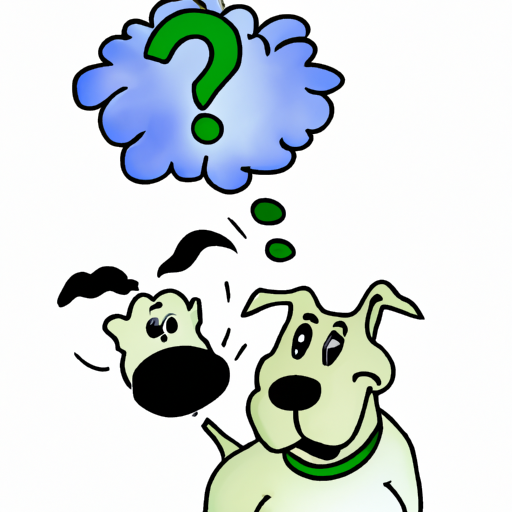Introduction
You love your dog, don’t you? You cuddle them, play with them, and sometimes even share your bed with them. But there’s one thing that you might not be too fond of – that peculiar doggy odor. Have you ever wondered why your furry friend has a distinct smell? Let’s dive into the reasons behind it.
1. Natural Glands and Oils
Dogs have a network of glands all over their body that secrete oils to keep their skin and fur healthy. These oils, however, have a natural odor.
- Sebaceous Glands: These glands are responsible for keeping your dog’s skin moisturized. But they also contribute to the “doggy smell”.
- Apocrine Glands: These are scent glands, which dogs use to communicate with each other. Humans might find the smell unpleasant, but it’s quite normal for dogs.
| Gland Type | Function | Smell Contribution |
|---|---|---|
| Sebaceous Glands | Skin Moisturization | Yes |
| Apocrine Glands | Scent marking | Yes |
2. Bacterial and Yeast Infections
Just like humans, dogs are susceptible to bacterial and yeast infections, which can produce a foul smell.
- Bacterial Infections: Bacteria can thrive in the warm, moist environment of your dog’s fur and skin. This can lead to a strong, unpleasant smell.
- Yeast Infections: Yeast is a type of fungus that can cause a musty smell if it grows excessively on your dog’s skin.
3. Dental Problems
You take care of your oral hygiene, right? Your dog’s dental health needs attention too. A dog with dental issues can have bad breath, contributing to their overall smell.
- Tooth Decay: Just like humans, dogs can get cavities too. These can cause bad breath.
- Gum Disease: Periodontal disease is common in dogs and can be a major source of bad breath.
4. Diet and Digestive Issues
What goes in must come out. If your dog’s diet isn’t balanced, or if they’re eating something they shouldn’t, it can affect their smell.
- Poor Diet: A diet lacking in essential nutrients can cause your dog to develop a foul odor.
- Digestive Issues: Problems like flatulence can also contribute to your dog’s smell.
5. Lack of Grooming
Regular grooming is essential for keeping your dog smell-free. Neglecting this can lead to a buildup of dirt, oils, and bacteria.
- Bathing: Regular baths with dog-friendly shampoos can help mitigate the doggy smell.
- Brushing: Regular brushing helps distribute natural oils evenly across your dog’s coat, reducing the smell.
FAQs
Q: Can a dog’s smell indicate health issues?
A: Yes, changes in your dog’s smell can indicate various health problems like skin infections, dental issues, or digestive problems.
Q: How often should I bathe my dog?
A: It depends on your dog’s breed and lifestyle. Typically, once a month is sufficient.
Q: Can changing my dog’s diet help with the smell?
A: A balanced diet can improve your dog’s overall health and potentially reduce unpleasant odors.
So, next time you notice your dog’s peculiar smell, remember, it’s a combination of their natural body functions, their health, and their level of cleanliness. As a caregiver, understanding these can help you ensure your furry friend stays healthy and as smell-free as possible.



